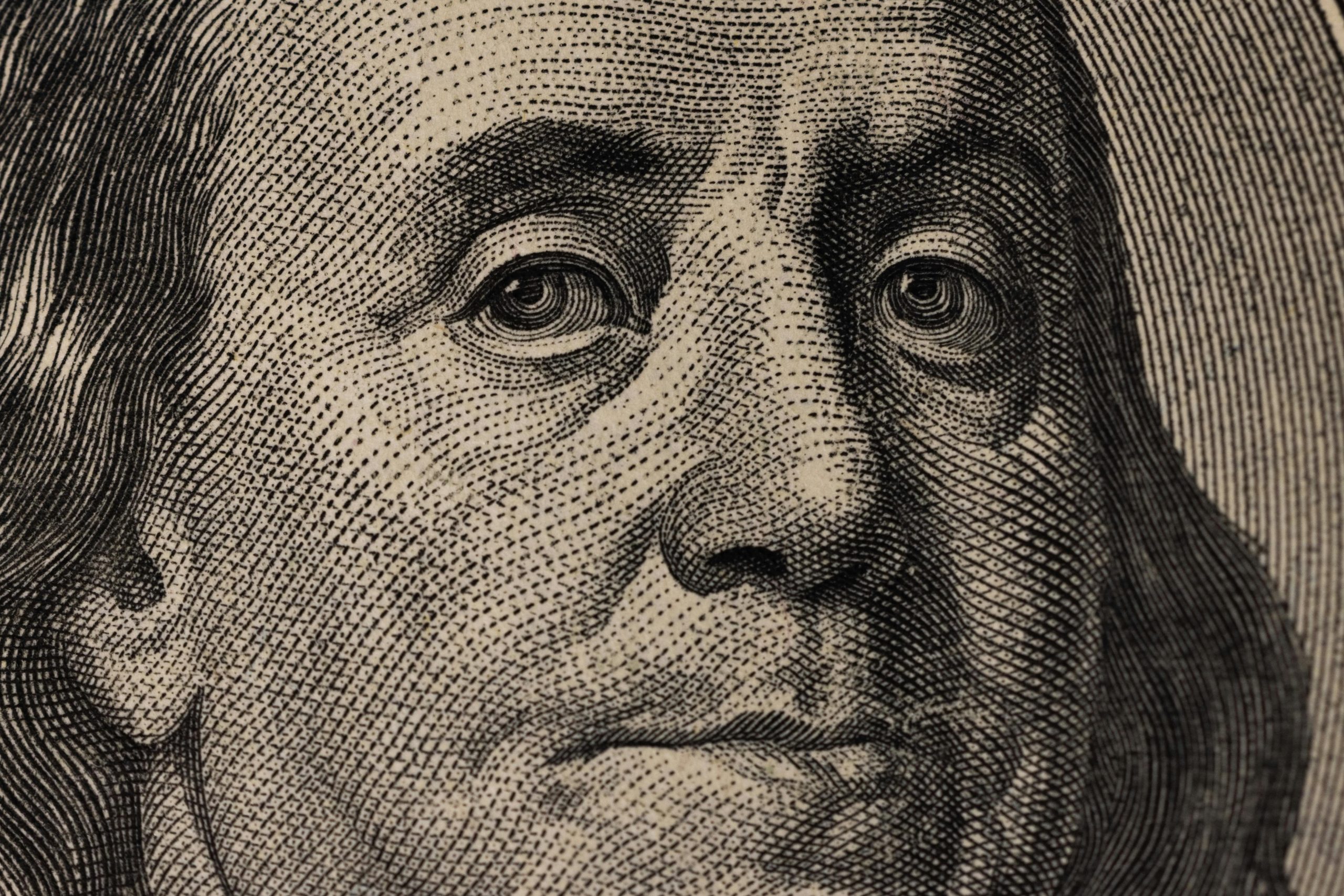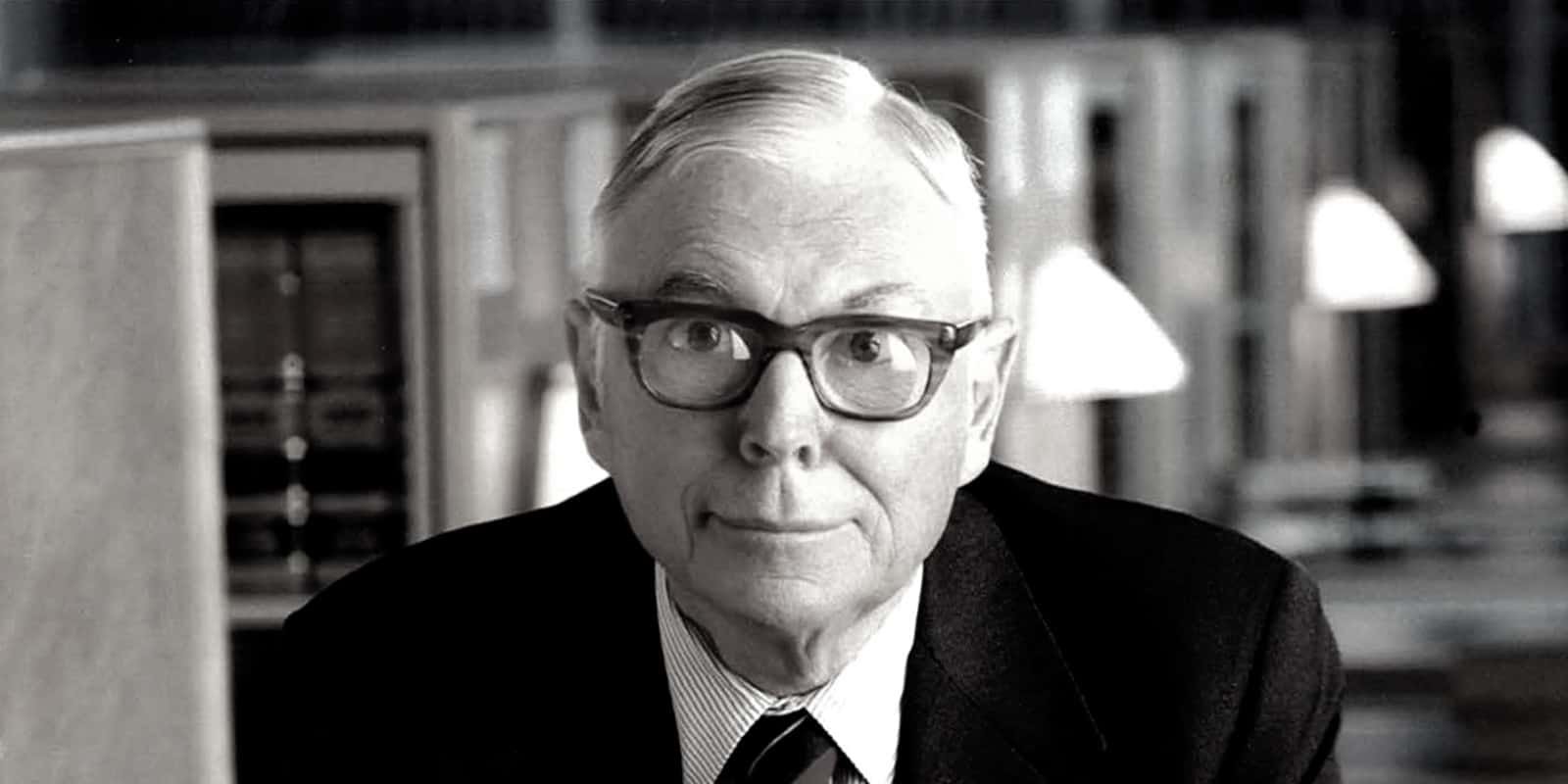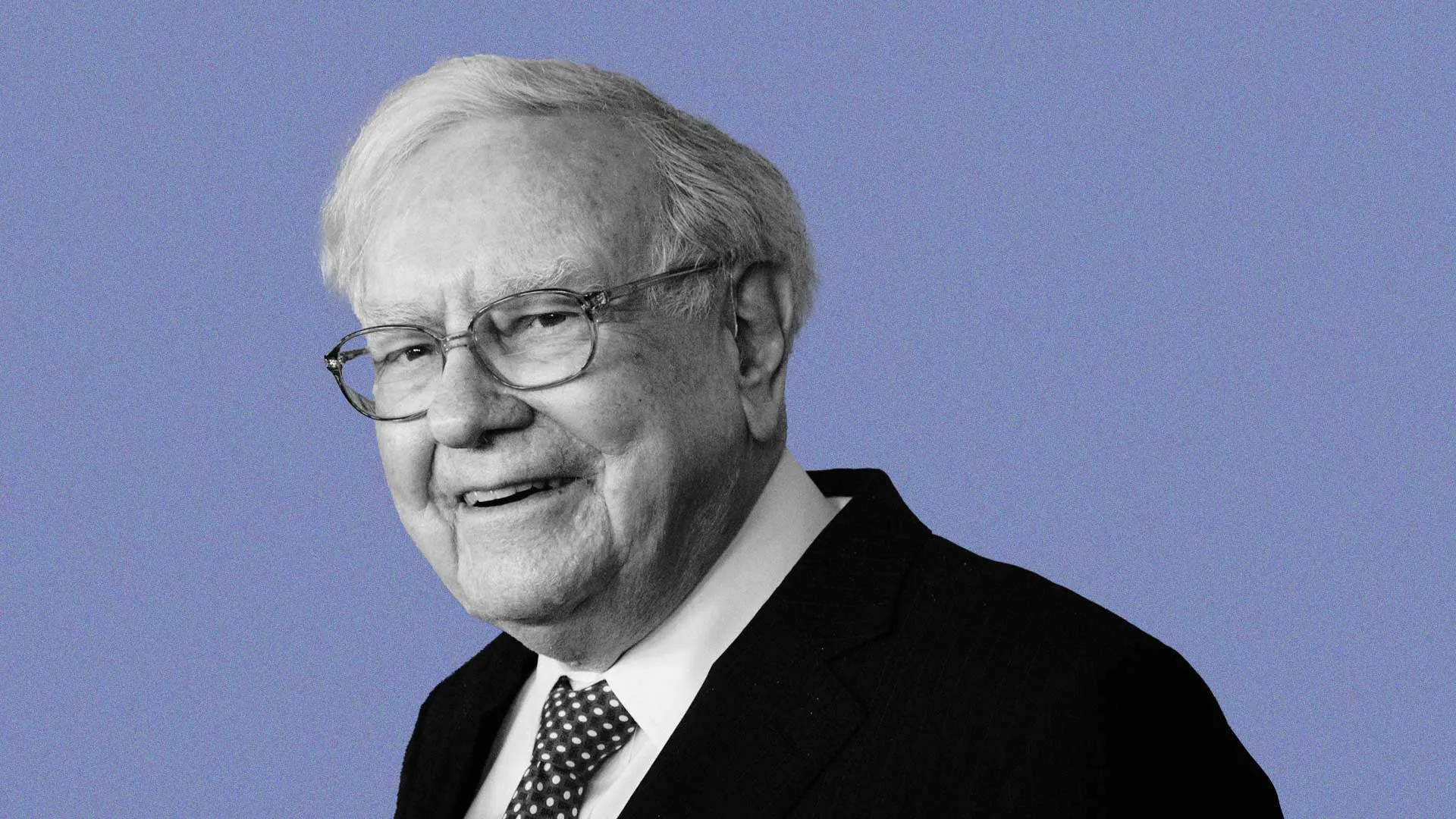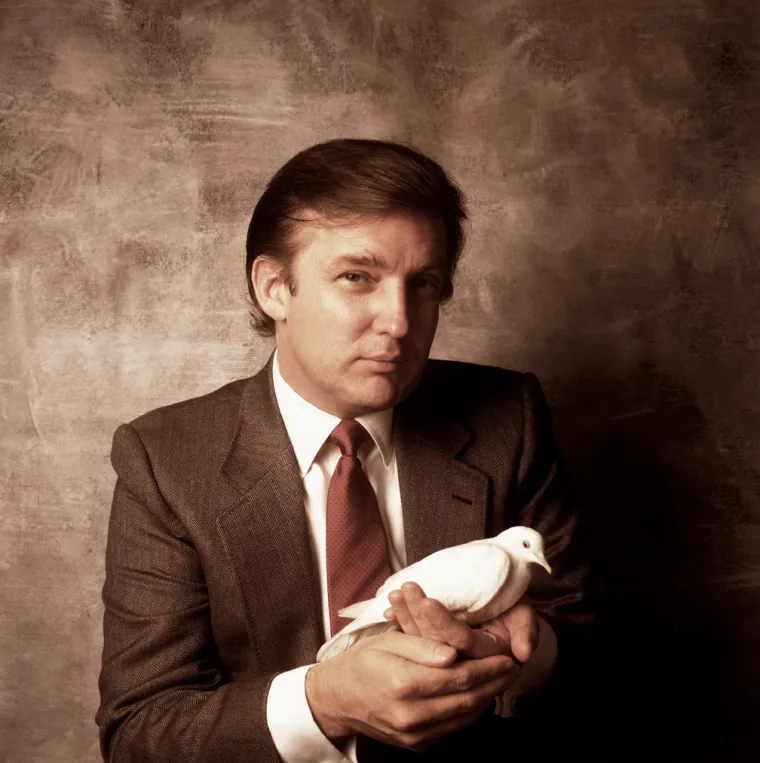Table of Contents
Introduction to Benjamin Franklin
Benjamin Franklin (1706–1790) was one of the most remarkable figures of the 18th century, a polymath whose contributions spanned science, politics, writing, and diplomacy. Known as one of the Founding Fathers of the United States, Franklin played a pivotal role in shaping the nation’s identity and values. His life story is a testament to the power of curiosity, hard work, and civic responsibility.
Early Life and Humble Beginnings
Benjamin Franklin was born on January 17, 1706, in Boston, Massachusetts, then part of the British colonies in America. He was the fifteenth of seventeen children in a modest Puritan family. His father, Josiah Franklin, was a candlemaker and soap boiler, while his mother, Abiah Folger, was a homemaker. Despite limited formal education, Franklin developed a lifelong love of reading and learning, which would define his intellectual pursuits.
At the age of 12, Franklin became an apprentice to his older brother James, a printer. This apprenticeship introduced him to the world of publishing and writing. Franklin secretly contributed essays to his brother’s newspaper, The New England Courant, under the pseudonym “Silence Dogood.” These writings showcased his wit, intelligence, and early interest in social commentary.
Rise as a Printer and Writer
At 17, Benjamin Franklin left Boston and moved to Philadelphia, seeking independence and opportunity. He worked in various printing shops and eventually traveled to London, where he gained valuable experience in the printing trade. Returning to Philadelphia in 1726, Franklin established himself as a successful printer and publisher.
In 1729, Benjamin Franklin purchased The Pennsylvania Gazette, which became one of the most influential newspapers in the colonies. His most famous publication, however, was Poor Richard’s Almanack, an annual periodical filled with practical advice, proverbs, and humor. The almanac, published under the pseudonym Richard Saunders, was widely read and cemented Franklin’s reputation as a writer and thinker.
Scientific Achievements and Inventions
Franklin’s intellectual curiosity extended far beyond printing. He was a self-taught scientist and inventor, conducting groundbreaking experiments in electricity. His most famous experiment, conducted in 1752, demonstrated that lightning is a form of electricity. By flying a kite during a thunderstorm, Franklin proved the connection between lightning and electrical charge, leading to the invention of the lightning rod, which protected buildings from lightning strikes.
Franklin’s scientific contributions earned him international acclaim. He was elected to the Royal Society in London and corresponded with leading scientists of his time. His other inventions include bifocal glasses, the Franklin stove (a more efficient heating device), and the glass armonica, a musical instrument.
Civic Leadership and Public Service
Benjamin Franklin was deeply committed to improving his community. He founded several civic institutions, including the Library Company of Philadelphia (1731), the first subscription library in America, and the American Philosophical Society (1743), which promoted scientific inquiry. He also established the Union Fire Company (1736), one of the first volunteer firefighting organizations, and the Philadelphia Contributionship (1752), the first mutual insurance company in America.
Franklin’s public service extended to politics. He served as a clerk of the Pennsylvania Assembly and later as a member of the Assembly itself. He also held various administrative roles, including Postmaster of Philadelphia, where he improved the efficiency of the postal system.
Diplomacy and the American Revolution
Franklin’s diplomatic skills were instrumental during the American Revolution. In 1775, he was appointed to the Second Continental Congress, where he helped draft the Declaration of Independence. His wit and wisdom were evident in his famous quote: “We must all hang together, or assuredly we shall all hang separately.”
During the Revolutionary War, Franklin served as an ambassador to France, securing crucial financial and military support for the American cause. His charm and intellect made him a popular figure in French society, and his efforts were vital to the eventual victory of the American colonies. Franklin also played a key role in negotiating the Treaty of Paris (1783), which ended the war and recognized American independence.
Constitutional Convention and Later Years
In his later years, Benjamin Franklin continued to contribute to the nation’s founding. He was the oldest delegate at the Constitutional Convention of 1787, where he played a mediating role in the drafting of the U.S. Constitution. His famous speech urging unity and compromise helped secure the document’s adoption.
Franklin was also an early advocate for the abolition of slavery. In 1787, he became president of the Pennsylvania Society for Promoting the Abolition of Slavery, and he petitioned Congress to end the institution. Although his efforts were not realized during his lifetime, they laid the groundwork for future abolitionist movements.
Personal Life and Legacy
Benjamin Franklin married Deborah Read in 1730, and the couple had two children, Francis and Sarah. Franklin also had an illegitimate son, William, who later became the royal governor of New Jersey but remained loyal to Britain during the Revolution, causing a permanent rift between father and son.
Franklin’s legacy is vast and enduring. He embodied the ideals of the Enlightenment, emphasizing reason, education, and civic virtue. His autobiography, published posthumously, remains a classic work of American literature and a guide to self-improvement.
Benjamin Franklin died on April 17, 1790, in Philadelphia at the age of 84. His funeral was attended by thousands, reflecting the profound impact he had on his country and the world. Today, Franklin is remembered not only as a Founding Father but also as a symbol of ingenuity, resilience, and the pursuit of knowledge.
Key Contributions and Achievements
- Scientific Discoveries: Proved the electrical nature of lightning and invented the lightning rod.
- Inventions: Bifocal glasses, Franklin stove, and the glass armonica.
- Writing and Publishing: Authored Poor Richard’s Almanack and contributed to the Declaration of Independence.
- Civic Institutions: Founded the Library Company of Philadelphia, the American Philosophical Society, and the Union Fire Company.
- Diplomacy: Secured French support during the American Revolution and negotiated the Treaty of Paris.
- Abolitionism: Advocated for the abolition of slavery in his later years.
Conclusion
Benjamin Franklin’s life was a remarkable journey from humble beginnings to international renown. His contributions to science, politics, and society continue to inspire generations. As a Founding Father, a scientist, and a philosopher, Franklin exemplified the spirit of innovation and civic responsibility that defines the American identity. His legacy serves as a reminder of the power of curiosity, hard work, and a commitment to the common good.





One thought on “Benjamin Franklin: A Striking Biography”
Comments are closed.